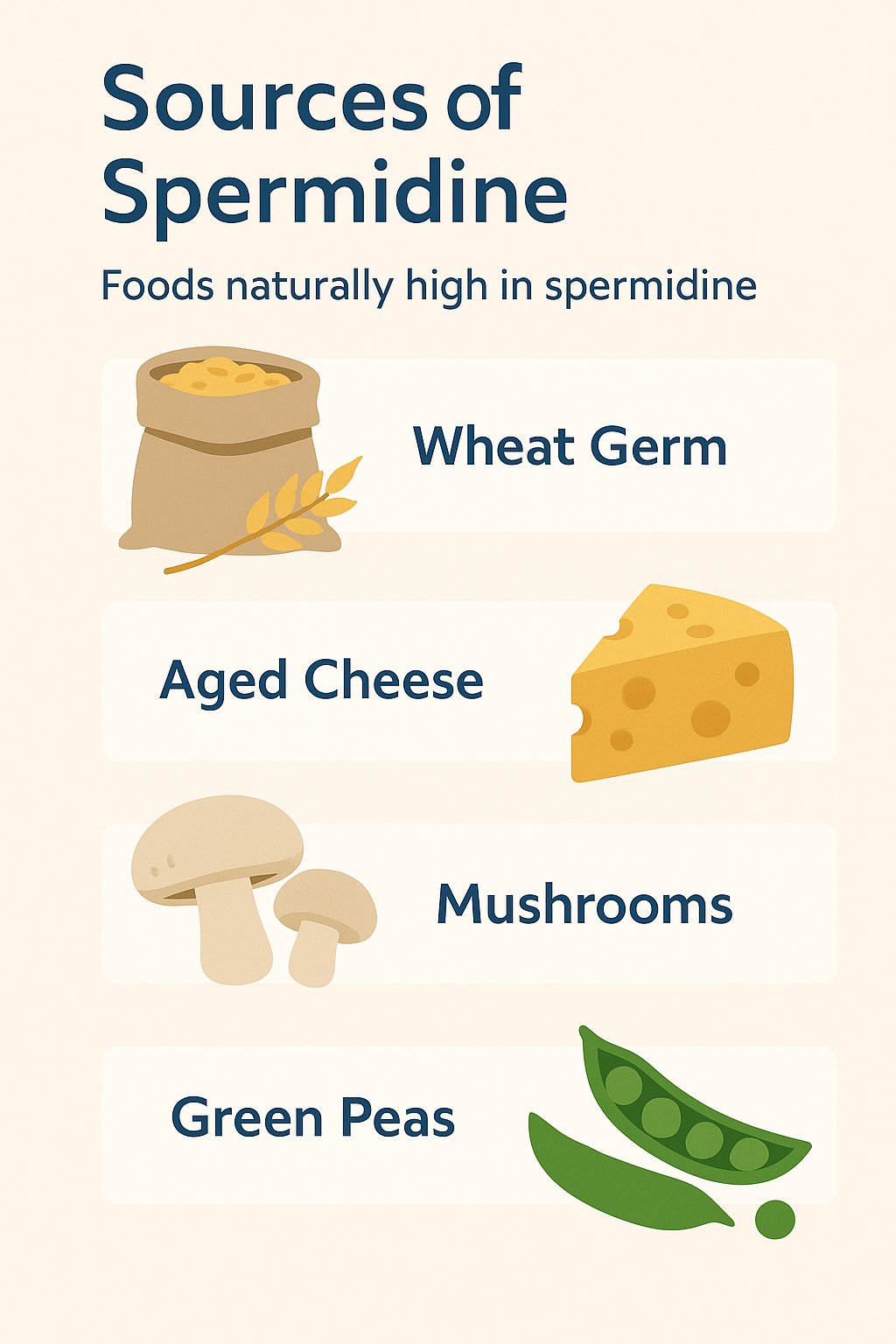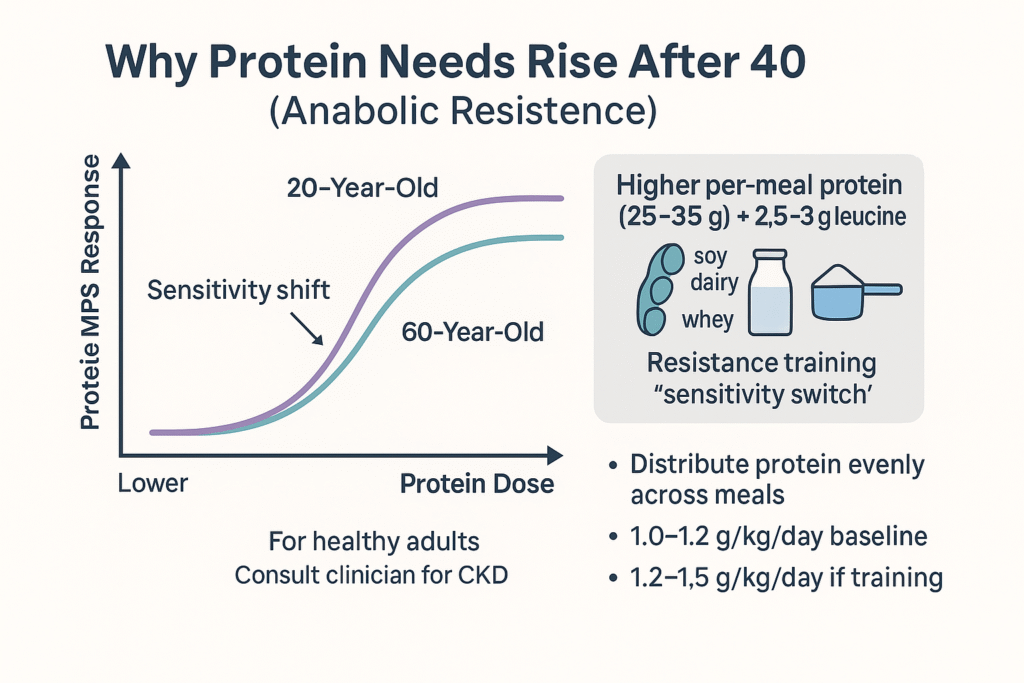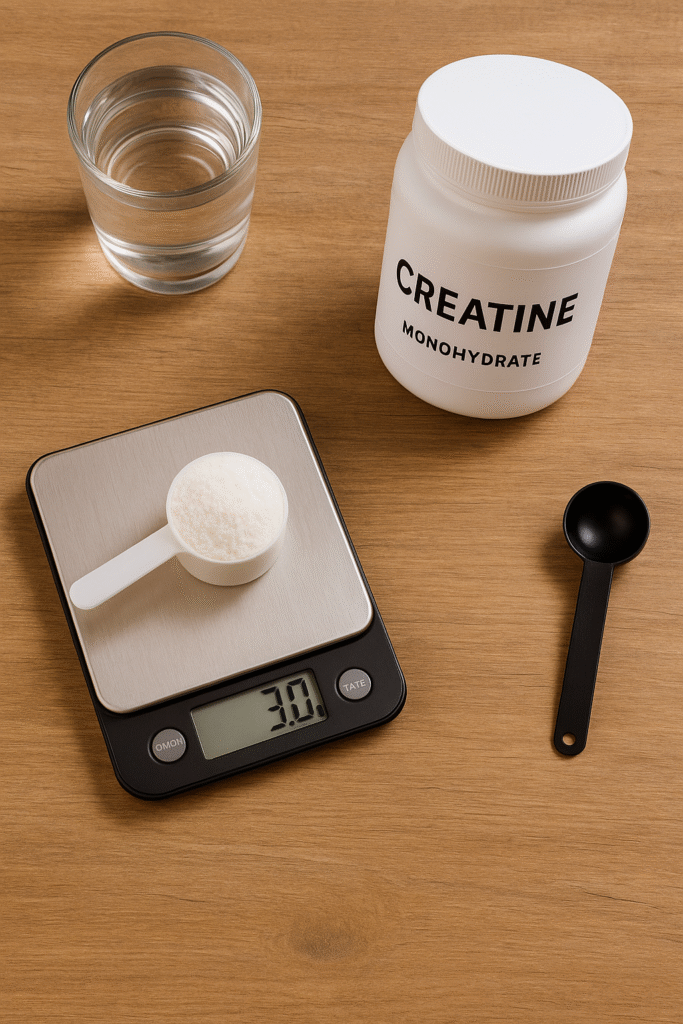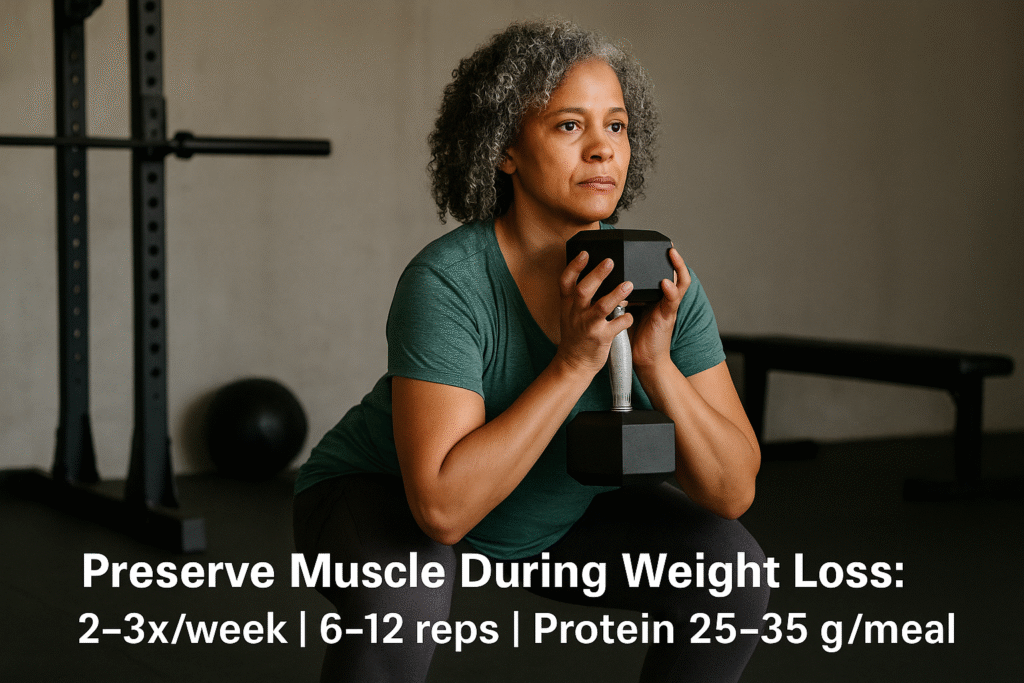Have you ever considered that the simple act of climbing stairs or jogging in the park could one day become a painful challenge? As we age, maintaining joint health becomes not just a priority, but a necessity. This article explores how the right nutritional supplements can be a game-changer for sustaining joint health and ensuring long-term mobility.

Understanding Joint Health and the Role of Supplements
Joint health is fundamental to our mobility and overall quality of life. Joints form the connections between bones, providing support and helping us move. Any damage due to disease or injury can interfere with movement and cause a lot of pain, potentially leading to a significant reduction in quality of life.

- Explanation of joint health and its importance: Healthy joints are crucial for performing everyday tasks effortlessly—from opening jars to walking the dog. Keeping joints healthy helps maintain independence as we age.
- Common joint issues and their impact on daily life: Conditions like osteoarthritis and rheumatoid arthritis can lead to severe discomfort and debilitation, affecting one’s ability to perform daily activities and diminishing life satisfaction.
- Overview of nutritional supplements and how they can benefit joint health: Supplements like glucosamine and chondroitin sulfate provide the building blocks for cartilage, potentially reducing joint pain and improving function, which can help maintain an active lifestyle.
- Clarification of what supplements cannot do for joint health: It’s vital to understand that while supplements can support joint health, they cannot cure joint diseases or replace medications prescribed by healthcare providers. Supplements should be used as part of a broader health management strategy.
Evaluating Your Joint Health Needs
Choosing the right supplements starts with understanding your specific health needs and how different supplements can address them.

- Factors to consider when choosing supplements for joint health: Include the severity of joint pain, mobility limitations, and any known allergies. Age and current activity level should also influence the choice of supplements.
- The importance of personalized nutrition for joint care: Because nutritional needs vary from person to person, a tailored approach to supplementation can often yield the best results, potentially enhancing the effectiveness of other treatments.
- Consulting with health professionals for tailored advice: Always seek guidance from a healthcare professional before starting any new supplement regimen to ensure it complements existing treatments.
- Assessing lifestyle and dietary habits that affect joint health: Regular exercise and a balanced diet are crucial and can help maximize the effectiveness of supplements. Understanding how your diet interacts with joint health can lead to more informed supplement choices.
Popular Supplements for Joint Health: Evidence and Use Cases
When considering supplements for joint health, it’s helpful to understand not only their benefits and research backing but also how you can naturally incorporate them into your diet through specific foods.
- Glucosamine and Chondroitin: These are among the most well-studied supplements for joint health. Research suggests they may help to slow degeneration of cartilage and reduce pain, which can improve mobility in individuals with joint issues. Natural sources: While glucosamine is not found in significant amounts in foods, chondroitin sulfate is present in the cartilage of animals. Consuming bone broth made from chicken, beef, or fish bones can provide some chondroitin.
- Omega-3 fatty acids: Known for their anti-inflammatory properties, regular intake can help reduce the inflammation associated with joint pain, contributing to improved joint function and less discomfort. Natural sources: Fatty fish such as salmon, mackerel, and sardines are rich in omega-3 fatty acids. Flaxseeds and chia seeds are excellent plant-based sources.
- Vitamin D and Calcium: Essential for bone health, these supplements help prevent bone loss and reduce the risk of fractures, which are crucial as bone strength plays a significant role in joint stability. Natural sources: Vitamin D can be synthesized by the body through sunlight exposure, but it’s also found in fortified foods and fatty fish. Calcium is abundant in dairy products like milk, cheese, and yogurt, as well as in leafy greens, broccoli, and fortified plant milks.
- Herbal supplements: Turmeric and ginger contain compounds that offer anti-inflammatory benefits, making them popular for those managing joint pain. These supplements have been used in traditional medicine for centuries and are now supported by modern research. Natural sources: Turmeric can be added to curries, soups, and rice for flavor as well as health benefits. Ginger can be incorporated into dishes or consumed as a tea.
- When to consider a combination of supplements: Depending on individual needs, a combination of these supplements may be more effective than single ingredients alone, particularly for those with multiple symptoms or conditions. Incorporating a variety of these food sources into your diet can help maximize the joint health benefits.
By understanding where these supplements can also be found naturally, you can better integrate them into your diet, potentially enhancing their effectiveness and providing a more holistic approach to joint health management. This combined strategy not only supports your joints but also contributes to overall well-being.
Making an Informed Choice: Safety, Quality, and Effectiveness
Imagine a life where you could bend, run, and walk without any pain—this isn’t just wishful thinking. The right combination of supplements could potentially turn this vision into your reality, offering you a new lease on an active life. The right supplement is not just about what it claims to do but also about ensuring it is safe, high quality, and effective.

- Understanding ingredient labels and avoiding harmful additives: Always read labels carefully to ensure that supplements do not contain unnecessary additives or allergens, and are suitable for your dietary needs.
- The importance of third-party testing and certifications for supplement quality: Look for products that have been verified by third-party organizations such as USP or NSF, which helps ensure that the product meets high standards for purity and potency.
- Monitoring the effectiveness of supplements and when to re-evaluate: Keep track of your symptoms and any side effects; if a supplement isn’t working, discuss other options with your healthcare provider. It’s important to adapt your supplement strategy as your health needs evolve.
- Awareness about possible drug interactions and side effects: Some supplements can interact with medications. It’s crucial to consult with a healthcare provider before starting any new supplement to avoid adverse effects.
- Tips for buying supplements: Always purchase supplements from reputable sources. Be wary of claims that seem too good to be true or products that lack transparency about their ingredients. Knowing where your supplements come from can help you avoid counterfeit or ineffective products.
Conclusion: While there is no one-size-fits-all solution for joint health, the strategic use of nutritional supplements, informed by science and personalized to your specific needs, can help maintain joint function and enhance quality of life. Start with understanding your needs, consult professionals, and choose wisely. Your joints will thank you for your thoughtful approach.
For additional information on the series for Joint Health, check out the other articles under the category of Mind & Body Well-Being.
Disclaimer: Some of the links displayed may be affiliate links, which means that if you click on the affiliate link, I may receive a small commission. The commission is paid by the retailers and at no cost to you which helps to support this channel with the growing content. Thank you! In addition, I am not a medical professional. Ideas presented in this article are for entertainment and informational purposes only. Please do your own due diligence and seek medical advice from a licensed healthcare professional before starting any new regimen, diets, supplements, or programs to ensure it is safe and suitable for your individual health needs and circumstances. No material on this video is intended to be a substitute for professional medical advice, diagnosis, or treatment. Always seek the advice of your physician or other qualified health care provider with any questions you may have regarding a medical condition or treatment.


















